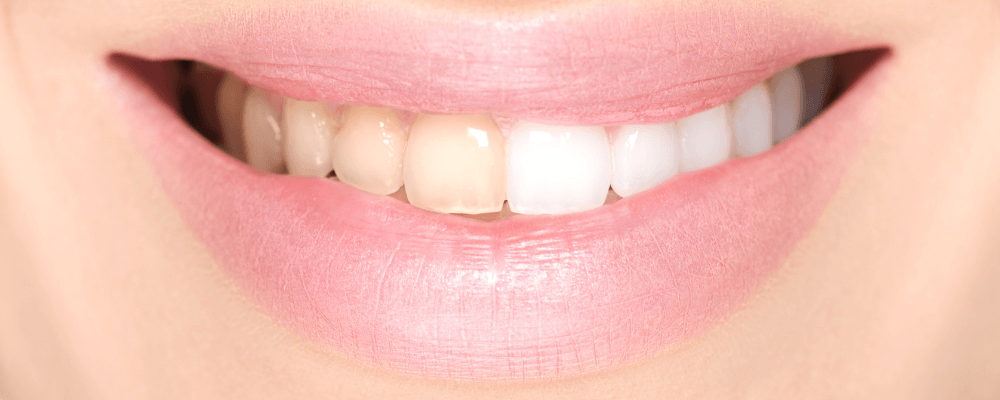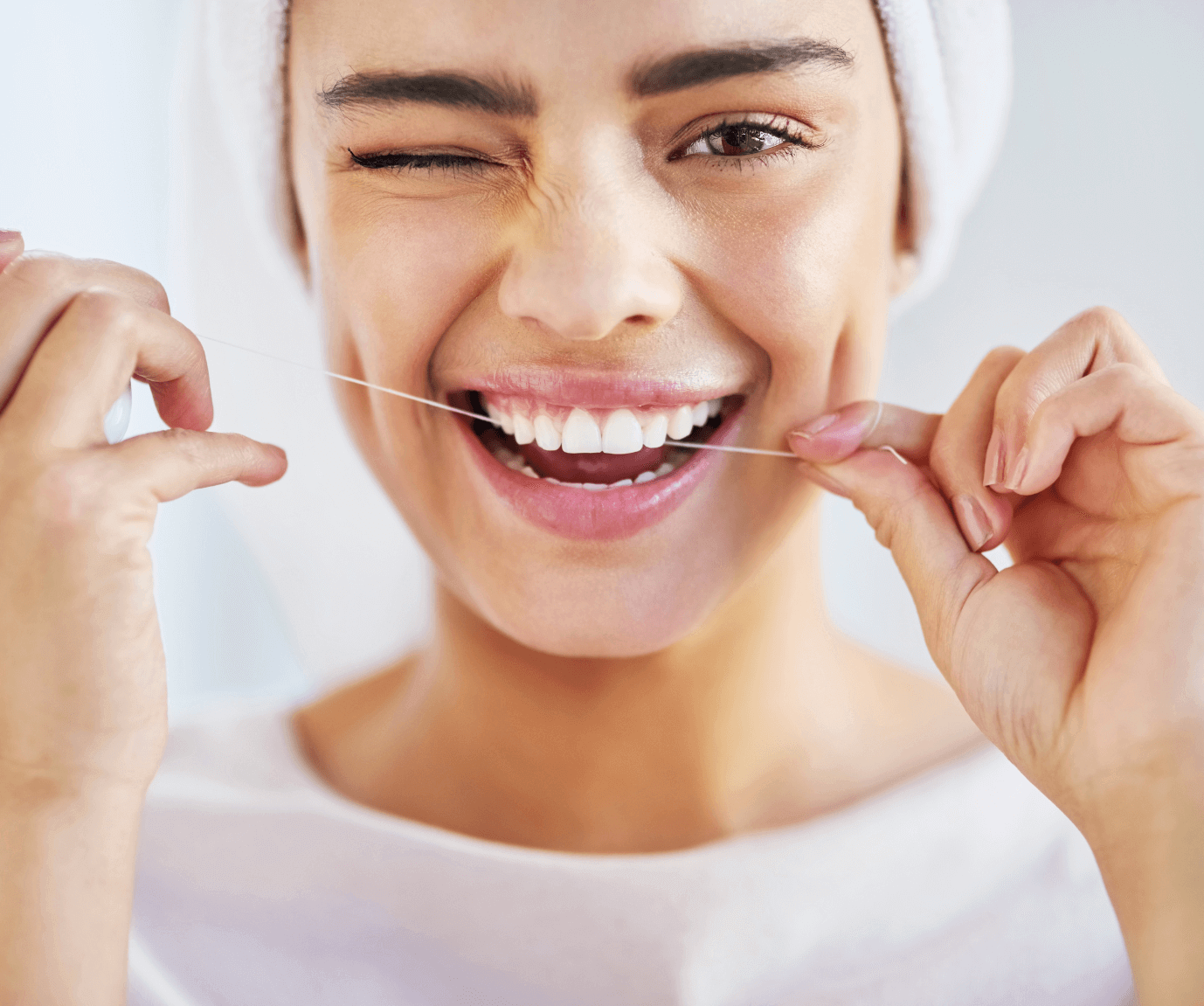Introduction to The Care Dental Practice: Your Smile Experts
At The Care Dental Practice, we understand that your smile is more than just a facial expression – it’s a reflection of your overall health and well-being. Our team of dedicated professionals is committed to providing you with exceptional dental care tailored to your unique needs. With years of experience and a passion for oral health, we’re here to guide you through the intricacies of maintaining a healthy, radiant smile with our essential dental tips!
The Importance of Regular Dental Check-ups
Regular dental check-ups are the cornerstone of good oral health. These routine visits to The Care Dental Practice allow us to monitor your dental health, detect potential issues early, and provide preventive care that can save you time, money, and discomfort in the long run.
During your check-up, our skilled dentists will:
- Conduct a thorough examination of your teeth, gums, and oral tissues
- Perform professional cleaning to remove plaque and tartar build-up
- Take X-rays when necessary to detect hidden problems
- Discuss any concerns or questions you may have about your oral health
- Provide personalised advice on improving your dental care routine
We recommend scheduling check-ups every six months, although some patients may require more frequent visits based on their individual needs. These regular appointments help us establish a baseline for your oral health, making it easier to identify changes or potential problems as they arise.
Remember, prevention is always better than cure when it comes to dental health. By maintaining regular check-ups, you’re investing in the long-term health of your smile and potentially avoiding more extensive and costly treatments down the line.
Proper Brushing Techniques: Are You Doing It Right?

Brushing your teeth is a daily ritual, but are you doing it effectively? Many people unknowingly use improper techniques that can lead to inadequate cleaning or even damage to their teeth and gums. At The Care Dental Practice, we’re here to help you perfect your brushing routine.
Follow these steps for optimal brushing:
- Choose the right toothbrush: Opt for a soft-bristled brush that fits comfortably in your mouth.
- Apply a pea-sized amount of fluoride toothpaste to your brush.
- Hold your brush at a 45-degree angle to your gums.
- Use gentle, circular motions to brush the outer surfaces of your teeth.
- Clean the inner surfaces by tilting the brush vertically and making up-and-down strokes.
- Brush the chewing surfaces with short back-and-forth strokes.
- Don’t forget to brush your tongue to remove bacteria and freshen your breath.
- Spend at least two minutes brushing, dividing your mouth into quadrants and spending 30 seconds on each.
It’s crucial to replace your toothbrush or electric toothbrush head every three to four months, or sooner if the bristles become frayed. Using a worn-out brush can be less effective and may even harbour harmful bacteria.
Remember, consistency is key. Brush your teeth at least twice a day – in the morning and before bed – to maintain optimal oral hygiene. If you have any questions about your brushing technique, don’t hesitate to ask us during your next visit to The Care Dental Practice.
Flossing: A Crucial Step in Your Oral Hygiene Routine
While brushing is essential, it’s not enough on its own to maintain optimal oral health. Flossing plays a crucial role in removing plaque and food particles from areas your toothbrush can’t reach – between your teeth and under the gumline. At The Care Dental Practice, we emphasise the importance of daily flossing as part of a comprehensive oral hygiene routine.
Here’s how to floss effectively:
- Use about 18 inches of floss, winding most of it around your middle fingers.
- Hold the floss tightly between your thumbs and forefingers.
- Guide the floss gently between your teeth using a rubbing motion.
- When the floss reaches the gum line, curve it into a C shape against one tooth.
- Slide it into the space between the gum and the tooth.
- Repeat this process for each tooth, using a clean section of floss each time.
If traditional flossing proves challenging, consider alternatives such as floss picks, interdental brushes, or water flossers. These tools can make the process easier and more comfortable, especially for those with limited dexterity or dental work like braces.
Incorporate flossing into your daily routine, ideally before bedtime. This ensures that you remove food particles and plaque that have accumulated throughout the day, giving your mouth a clean slate for the night. With consistent flossing, you’ll notice improved gum health, fresher breath, and a reduced risk of cavities between your teeth.
The Role of Diet in Maintaining Healthy Teeth
Your diet plays a significant role in your oral health. At The Care Dental Practice, we believe that a balanced, tooth-friendly diet is essential for maintaining a healthy smile. The foods and drinks you consume can either strengthen your teeth or contribute to decay and other dental problems.
Consider incorporating these tooth-friendly foods into your diet:
- Calcium-rich foods: Dairy products, leafy greens, and almonds help strengthen tooth enamel.
- Crunchy fruits and vegetables: Apples, carrots, and celery stimulate saliva production and act as natural tooth cleaners.
- Protein-rich foods: Lean meats, fish, and eggs provide phosphorus, which works with calcium to build strong teeth.
- Green and black teas: These contain polyphenols that help fight bacteria and reduce plaque formation.
- Water: Staying hydrated helps wash away food particles and maintains a healthy pH balance in your mouth.
On the other hand, be mindful of foods and drinks that can harm your teeth:
- Sugary snacks and drinks: These feed harmful bacteria in your mouth, leading to acid production and tooth decay.
- Acidic foods and beverages: Citrus fruits, tomatoes, and carbonated drinks can erode tooth enamel over time.
- Sticky foods: Dried fruits and chewy sweets can cling to teeth, prolonging sugar exposure.
- Starchy foods: White bread, crisps, and pasta can get trapped between teeth and feed bacteria.
Remember, it’s not just what you eat, but also when and how you eat that matters. Try to limit snacking between meals, and when you do indulge in sugary or acidic treats, rinse your mouth with water afterwards. Waiting at least 30 minutes before brushing after consuming acidic foods can help protect your enamel from erosion.
By making informed dietary choices, you’re taking an active role in protecting your teeth and gums. If you have any questions about how your diet may be affecting your oral health, don’t hesitate to discuss them with us during your next visit to The Care Dental Practice.
Protecting Your Teeth: Mouthguards and Night Guards
At The Care Dental Practice, we believe in proactive dental care, which includes protecting your teeth from potential damage. Mouthguards and night guards are invaluable tools in safeguarding your smile against various risks.
Mouthguards for Sports and Physical Activities
If you participate in sports or high-impact activities, wearing a mouthguard is crucial. These protective devices help prevent injuries to your teeth, gums, and jaw. There are three main types of mouthguards:
- Stock mouthguards: Pre-formed and ready to wear, but offer the least protection and comfort.
- Boil-and-bite mouthguards: These can be moulded to your teeth after being softened in hot water.
- Custom-fitted mouthguards: Professionally made at The Care Dental Practice for optimal fit and protection.
We highly recommend custom-fitted mouthguards for the best protection and comfort. These are especially important for contact sports like rugby, boxing, and hockey, but can also be beneficial for non-contact activities like skateboarding or gymnastics.
Night Guards for Teeth Grinding (Bruxism)
Many people unknowingly grind or clench their teeth during sleep, a condition known as bruxism. This can lead to worn-down teeth, jaw pain, headaches, and other dental issues. Night guards provide a protective barrier between your upper and lower teeth, preventing damage from grinding.
Signs you might need a night guard include:
- Worn, flattened, or chipped teeth
- Increased tooth sensitivity
- Jaw pain or tightness
- Frequent headaches, especially in the morning
- Disrupted sleep
At The Care Dental Practice, we can assess whether you’re experiencing bruxism and create a custom-fitted night guard tailored to your mouth. These guards are more comfortable and effective than over-the-counter options, ensuring you get the protection you need without disrupting your sleep.
Remember, investing in protective gear for your teeth is far more cost-effective than dealing with dental injuries or damage from grinding. If you’re unsure whether you need a mouthguard or night guard, schedule a consultation with us, and we’ll be happy to assess your individual needs.
Tackling Bad Breath: Causes and Solutions
Bad breath, also known as halitosis, can be embarrassing and affect your confidence. At The Care Dental Practice, we understand the impact this can have on your daily life and are here to help you identify the causes and find effective solutions.
Common Causes of Bad Breath
- Poor oral hygiene: Inadequate brushing and flossing can leave food particles in your mouth, leading to bacterial growth and unpleasant odours.
- Dry mouth: Saliva helps cleanse your mouth, and insufficient saliva production can lead to bad breath.
- Certain foods: Garlic, onions, and strong-smelling foods can cause temporary bad breath.
- Tobacco use: Smoking or chewing tobacco can leave lingering odours and increase the risk of gum disease.
- Medical conditions: Some health issues, such as sinus infections, acid reflux, or diabetes, can contribute to bad breath.
Solutions for Fresh Breath
To combat bad breath effectively, consider the following strategies:
- Maintain excellent oral hygiene: Brush twice daily, floss once a day, and don’t forget to clean your tongue.
- Stay hydrated: Drink plenty of water to stimulate saliva production and rinse away food particles.
- Use an antibacterial mouthwash: Look for alcohol-free options that won’t dry out your mouth.
- Chew sugar-free gum: This stimulates saliva flow and can help freshen your breath between brushings.
- Avoid tobacco products: Quitting smoking or chewing tobacco can significantly improve your breath and overall oral health.
- Regular dental check-ups: Professional cleanings and examinations can address underlying issues contributing to bad breath.
If you’re consistently struggling with bad breath despite good oral hygiene practices, it’s essential to consult with us at The Care Dental Practice. We can help identify any underlying causes and provide personalised solutions to keep your breath fresh and your confidence high.
Whitening Dental Tips from The Care Dental Practice Professionals

A bright, white smile can boost your confidence and leave a lasting impression. At The Care Dental Practice, we offer professional whitening services and expert advice to help you achieve the radiant smile you desire.
Professional Whitening Options
- In-office whitening: This procedure uses high-concentration whitening gels and special lights or lasers for dramatic results in a single visit.
- Take-home whitening kits: Custom-fitted trays and professional-grade whitening gel allow you to whiten your teeth gradually at home.
- Combination treatments: We may recommend a combination of in-office and at-home treatments for optimal results.
Dental Tips for Maintaining a White Smile
To keep your teeth looking their best between professional whitening treatments, consider these dental tips:
- Practice excellent oral hygiene: Brush twice daily and floss once a day to remove stain-causing plaque.
- Use a whitening toothpaste: Look for products with gentle abrasives and hydrogen peroxide.
- Rinse after consuming staining foods and drinks: Coffee, tea, red wine, and berries can all contribute to tooth discolouration.
- Use a straw: When drinking staining beverages, use a straw to minimise contact with your teeth.
- Quit smoking: Tobacco use is a major contributor to tooth discolouration.
- Regular dental cleanings: Professional cleanings can help remove surface stains and maintain your whitening results.
It’s important to note that while over-the-counter whitening products are available, they may not be as effective or safe as professional treatments. At The Care Dental Practice, we can assess your individual needs and recommend the most suitable whitening option for you.
Remember, tooth sensitivity can be a temporary side effect of whitening treatments. If you experience discomfort, let us know, and we can adjust your treatment plan accordingly.
Conclusion: Your Path to a Healthier, Brighter Smile
Maintaining optimal oral health is a lifelong journey, and The Care Dental Practice is here to support you every step of the way. By incorporating the dental tips and techniques we’ve shared – from proper brushing and flossing to making smart dietary choices and protecting your teeth – you’re well on your way to achieving and maintaining a healthy, radiant smile.
Don’t wait to prioritise your oral health. Book a consultation today or contact us here and let us help you embark on your journey to optimal dental wellness. Your future self – and your smile – will thank you!


